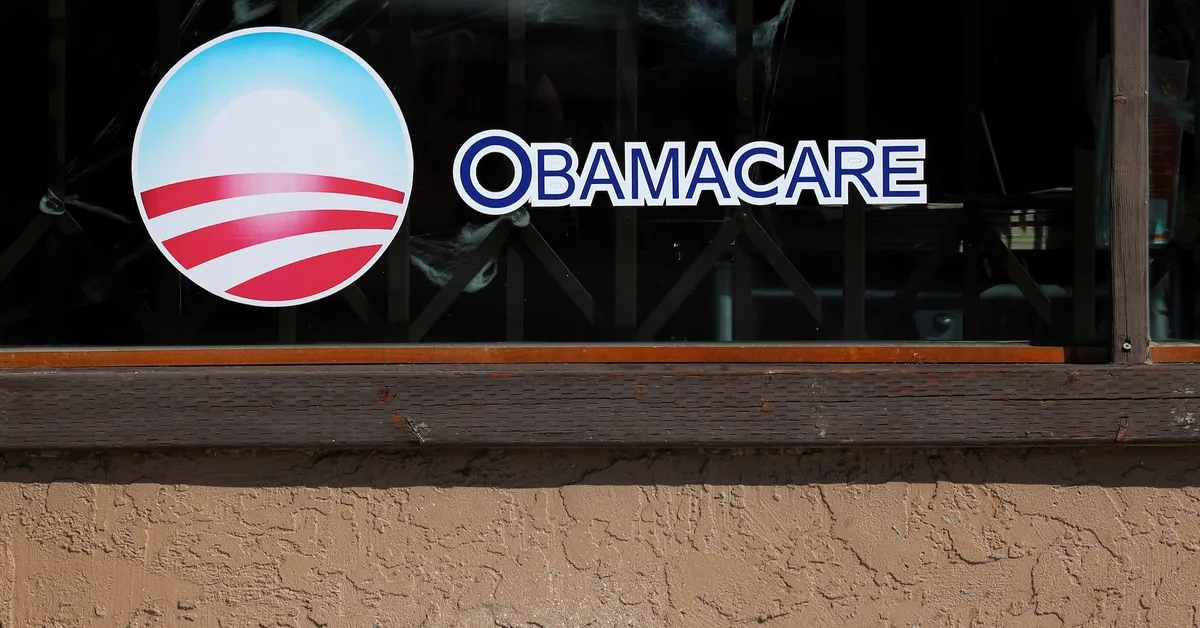
On June 27, 2023, the U.S. Supreme Court delivered a significant ruling that preserved a crucial component of the Affordable Care Act, commonly known as Obamacare. This landmark decision ensures that health insurers are required to cover essential preventive care services, including cancer screenings and HIV prevention medications, without any out-of-pocket costs for patients. The ruling, which resulted in a 6-3 vote, was authored by conservative Justice Brett Kavanaugh, effectively overturning a prior decision made by a lower court.
The controversy stemmed from the U.S. Preventive Services Task Force (USPSTF), an entity established under the Affordable Care Act that plays a crucial role in determining which preventive services are covered by health insurance plans. A lower court had ruled that the task force was not validly appointed, leading to concerns about the legitimacy of its recommendations. The Supreme Court's ruling clarified that the task force's structure and appointment processes are constitutional, thus allowing for continued access to life-saving preventive services.
The Supreme Court's decision alleviates fears among public health advocates that insurance companies might begin imposing co-pays and deductibles on critical preventive services. This ruling guarantees that millions of Americans will continue to have access to essential health screenings and treatments at no cost. The importance of this ruling cannot be understated, as it directly impacts the health and well-being of the population by ensuring that necessary medical services remain affordable.
The case drew attention to the constitutional implications surrounding the USPSTF's appointment process. The New Orleans-based 5th U.S. Circuit Court of Appeals previously ruled that the task force's structure violated the U.S. Constitution's appointments clause. This clause dictates how governmental officers should be appointed, leading to the question of whether the task force members should be classified as principal officers, requiring presidential appointment and Senate confirmation, or as inferior officers, which would exempt them from such requirements.
Justice Kavanaugh, in his opinion, stated that the task force members are adequately supervised by the U.S. Secretary of Health and Human Services (HHS) and therefore do not need to be appointed by the President or confirmed by the Senate. He emphasized that the Secretary has the authority to review task force recommendations, maintaining a clear chain of command within the government.
While the majority opinion was joined by Justices John Roberts and Amy Coney Barrett, as well as the court's three liberal justices, three conservative justices—Clarence Thomas, Samuel Alito, and Neil Gorsuch—dissented. The dissenting opinions raised concerns regarding the implications of this ruling on future health care policies and preventive services.
Additionally, the case highlighted the intersection of health care and political ideologies, particularly regarding the HHS secretary's authority over task force recommendations. Critics have pointed out that former HHS Secretary Robert F. Kennedy Jr. faced allegations of politicizing his role, potentially jeopardizing scientific integrity and consensus within health care policy-making.
The Supreme Court's ruling on June 27 reinforces the importance of preserving access to preventive care services under the Affordable Care Act. As over 150 million Americans rely on these essential health services, the decision ensures that critical health screenings and treatments remain available without financial barriers. The ongoing discourse around health care policy and its constitutional implications will undoubtedly continue to shape the landscape of preventive care in the United States.